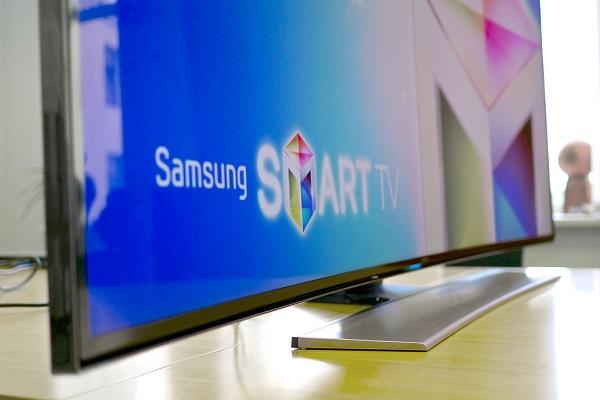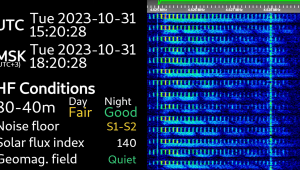The Fox in Samsung's Henhouse

As you know, when you buy a modern product, the name on the outside is barely indicative of what's inside. The rear-facing camera in an iPhone might be made by Sony, the front-facing camera might be from Omnivision, the battery and various chips come from all kinds of companies, and everything is assembled by Foxconn. Similarly, TVs contain pieces from many suppliers. That's the case for small bits, as well as the biggest bit, the screen itself.
Case in point, Samsung had a contract to annually buy four to 5 million large LCD panels from Sakai Display Products, as well as panels from two other panel makers. Sakai and the other makers said they would stop supplying panels. In response, Samsung asked the International Chamber of Commerce for arbitration and in particular is seeking $492 million in compensation—effectively saying—either sell panels to us or pay up. If you're keeping count, that's roughly half a billion bucks, but it's probably not unreasonable; if Samsung doesn't have TVs to sell, it loses money, not to mention market share. It seems entirely reasonable to take some sort of legal action.
Parenthetically, Sakai Display Products was formerly known as Sharp Display Products, and Sakai is owned by Hon Hai Precision Industry Co. which is more familiarly known as, and traded as Foxconn Technology Group.
It is not clear why Sakai would want to stop selling panels to a thriving customer. Maybe it negotiated better deals from the plethora of Chinese TV manufacturers. Maybe its focus is changing; Sakai known to be working hard to increase its output of OLED panels for the iPhone 8 (recall that Sakai is owned by Foxconn). Samsung Display, which is owned by Samsung and supplies panels to Samsung, has been getting out of LCD production, and is ramping up OLED production. Ironically, reportedly, Samsung also wants to supply OLED panels for iPhones.
In any case, Samsung still needs LCD panels. Apparently it has turned to suppliers such as arch rival LG to keep its TV output humming. Samsung and LG have never used panels from each other. To further complicate things, LG is a major supplier of panels to Apple.
It isn't just Samsung that is affected. Sakai has reduced production of LCD panels to other TV makers such as Sony. This has helped contribute to a relative shortage of LCD panels; prices were up sharply (!) at the end of 2016 and are expected to rise more. It might be tough for LG to fill demand and LG will benefit from the rising prices of LCD panels.
Interestingly, in a marginally related note, Samsung, LG, and Foxconn are all exploring ways to increase manufacturing in the United States.
- Log in or register to post comments































































